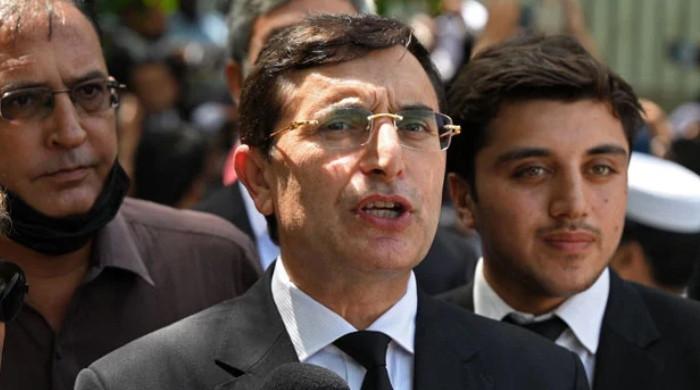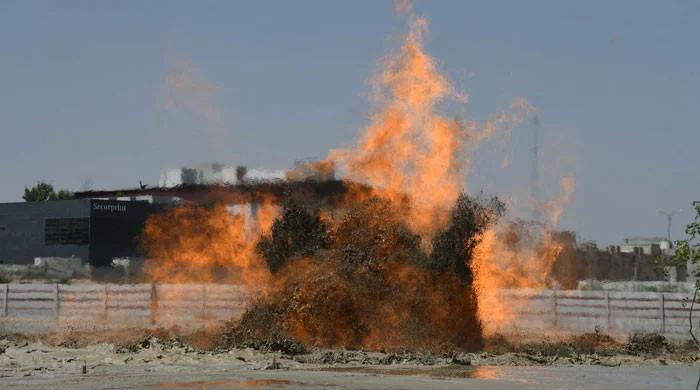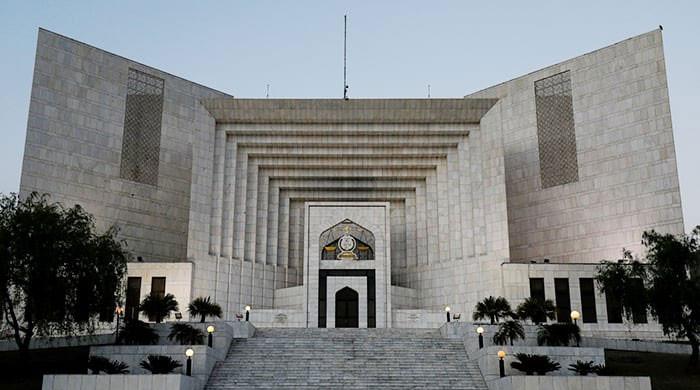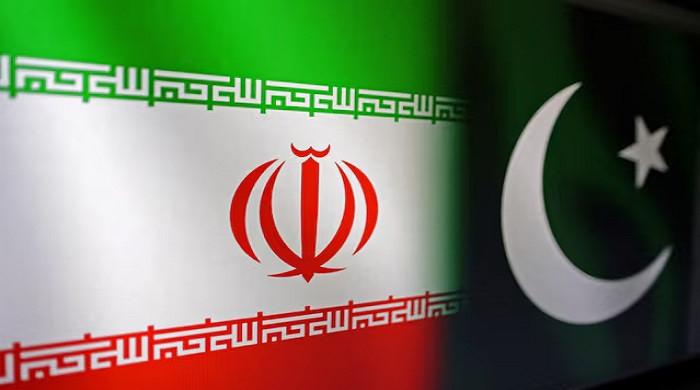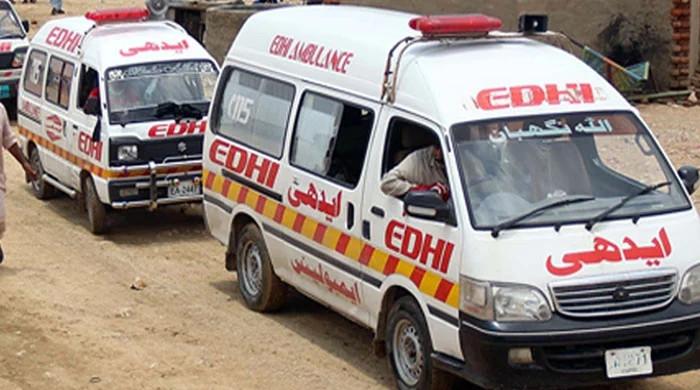PML-N to remove president from parliament
PML-N insiders say their manifesto offers steps to resolve issues that have been a bane for politics, effective administration
January 25, 2024

ISLAMABAD: Pakistan Muslim League-Nawaz (PML-N) is all set to launch its much awaited-manifesto for the upcoming elections scheduled for February 8 on Saturday (January 27) and the document promises substantial constitutional, judicial, legal and governance reforms, stating the “critical and urgent” changes were needed to underpin the foundations of the country’s progress and empower the parliament.
Admitting that the party has attracted countrywide criticism for being astonishingly lethargic in kickstarting a canvassing campaign and keeping the manifesto from public eye for far too long, important party insiders have confided on condition of anonymity that the promises made in the document would neither disappoint competing political parties nor the people of Pakistan who were desperate to see meaningful changes in the manner in which “our country is being run.” They claim their party’s manifesto aims to undertake major steps in cooperation with all political forces within the new parliament to “set many an issue straight that have been a bane for national politics and effective administration”.
In its attempt to restore the Constitution to its true democratic spirit “as envisaged by the framers”, the PML-N manifesto would promise to “abolish the caretaker governments” and remove “certain validations and footnotes using the method adopted in the 18th Amendment. Also, in order to restore the original definition of the parliament, the manifesto would promise to remove the president from being “a part of the parliament.”
Though the document would retain or renew many of the promises made in the party’s 2018 manifesto regarding infrastructure development, power generation, employment creation, CPEC continuation, construction, etc, special attention has been granted to eliminate ambiguities in constitutional jurisdiction and powers. Some of the promises in this regard would be listed as; Article 90 and respective Articles for the provinces shall be amended to clarify the powers of the elected leaders of the Houses. Appellate and Review powers of the Supreme Court to be further rationalised. Original jurisdiction of the Supreme Court shall be clarified. The power of the president and governors to promulgate ordinances shall be rationalised. The Constitution mending powers of the parliament to be clarified in the light of the basic structure doctrine.
During the consultative process to create an all-encompassing document, the party leadership agreed that certain constitutional amendments were purposely inserted by the dictatorial regimes to weaken the efficacy and potency of public representation. Therefore, the manifesto would promise the following; Articles 62 and 63 need to be amended or restored to their original position. Article 63 A shall be clarified. An Ethics Committee of the Parliament to be created to monitor the conduct of the members of the parliament. Lower judiciary shall be appointed by respective Provincial Public Service Commissions. Members of the lower judiciary to have the right of appeal against their disciplinary matters. Provisions regarding the local governments to be strengthened including enhancing their administrative and financial powers and security of the tenure.
Cognisant of the fact that the party may not be able to deliver on any of these promises unless all political forces join hands and work in tandem and deliver through collective action, the manifesto would aim to collaborate with the Superior Courts, Law and Justice Commission of Pakistan and Provincial Justice Committees to bring about reforms for the overall development of the legal system. In order to make sure that an efficient judicial process would deliver speedy justice for litigants, the PML-N aims to “legislate to ensure that no case is continuously leftover or not heard for a period exceeding a maximum of two months and limit adjudication time to one year, especially for cases affecting the life of a common citizen”.
Apart from promising a modern criminal justice system with possibilities of training for judges, executive magistrates, investigating officers and public prosecutors, translation of all laws into Urdu to amplify public awareness and promotion of Alternative Dispute Resolution (ADR) mechanisms at district level, the manifesto talks about changes in law to curb frivolous litigation and legal amendments to simplify procedure and ensure easy access to courts.
The manifesto would also promise a transformed Civil Service through a merit-based system at all levels through improvements in recruitment, postings, promotion, training and incentives. Apart from creating space for technical experts through special pay scales, it would raise maximum age limit from 28 to 30 years for candidates competing for civil service examinations.
The document would also promise political and administrative empowerment of local governments. Apart from mandatory youth representation at every tier of local government, the manifesto would promise to devolve Primary Health (Basic Health Unit), Primary Education (Primary and Middle Schools), Social Welfare, Family Planning, Sports, Transport, Child Protection, Public Health, Disaster Management, Rescue Services, Tourism and Environment to local government level.
The manifesto also promises to introduce amendments in the Constitution to further empower people. Salient proposed amendments would be about; Right to education shall be strengthened. Right to healthcare, including access to clean water and proper sanitation, shall be added. Right to access to justice shall be recognised. Right to good governance shall be accepted. Introducing the Panchayat System for alternate dispute resolution.
Originally published in The News




